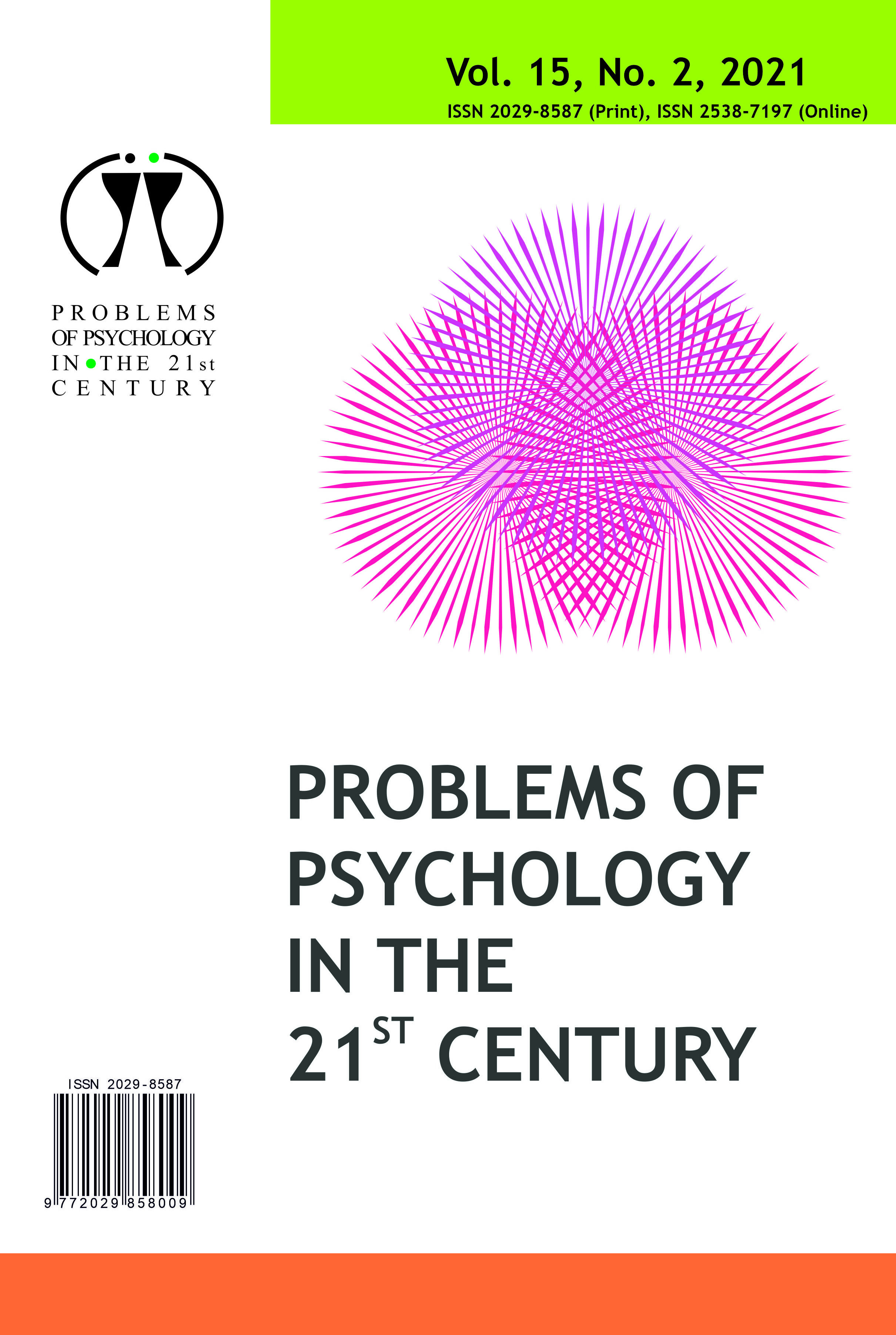FUNCTIONS OF ALGORITHMIC THINKING IN THE PROCESS OF DEMONSTRATING CHESS SKILLS
FUNCTIONS OF ALGORITHMIC THINKING IN THE PROCESS OF DEMONSTRATING CHESS SKILLS
Author(s): Vladimir S. KarapetyanSubject(s): Psychology, Preschool education, Cognitive Psychology
Published by: Scientia Socialis, UAB
Keywords: pre-school children; thinking quality; decision-making quality;
Summary/Abstract: Technological upgrades, progressive scientific and technical developments are a direct reflection of the challenges of the 21st century, the overcoming of which implies a review of the content of education and the results obtained from it, aimed at developing a creative, self-planning, results’ predicting personalities. The acquisition of the mentioned qualities is ensured by the introduction of a chess game in the educational process, the purpose of which is not only to learn chess, but also to develop cognitive, emotional qualities at young age (Karapetyan & Misakyan, 2020), action prediction, thinking quality, decision-making quality, performing analytical actions (Kasparov, 2007). However, the mentioned approaches apply to primary school children, while we try to discover new age opportunities by introducing these chess elements in pre-school educational institutions, assuming that the mentioned abilities may be available to pre-school children as well. As for the relevant specialists, it can be stated that the system of training specialists, with its multi-vector developments, is practically directed to the formation of a specific priority type of thinking. After all, the processes of receiving, processing and transmitting information include not only elements of sensory knowledge, but also natural manifestations of certain connections.
Journal: Problems of Psychology in the 21st Century
- Issue Year: 15/2021
- Issue No: 2
- Page Range: 48-52
- Page Count: 5
- Language: English

